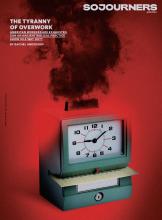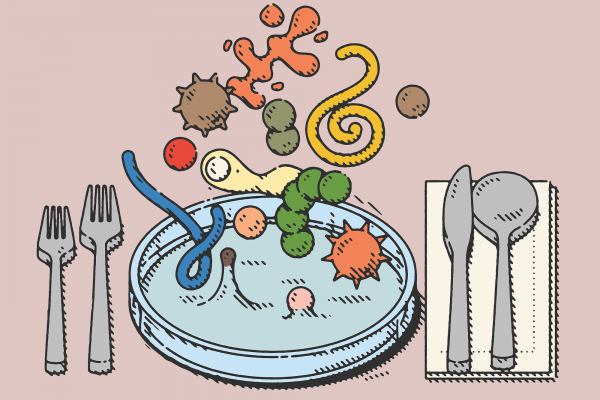TWO YEARS AFTER likely origination in a wet market in China, the coronavirus SARS-CoV-2 and its mutations are spreading across the globe with terrible, long-term consequences. We now know what it’s like to have a global-scale crisis, one that disrupts everything.
Infectious disease specialists have been warning governments for a long time about such impending crises, and the World Health Organization (WHO) had encouraged countries to ensure that they met minimum standards for pandemic preparedness long before COVID-19. In 2018, the WHO detected outbreaks of six of its eight “priority diseases” for the first time. The rise of populist nationalism in recent decades has led governments to starve the United Nations and the WHO of the financial resources and authority they need to safeguard global public goods, instead of empowering these institutions to act. So, while pandemics are a result of our global interconnectedness, they are exacerbated by our lack of global cooperation.
Read the Full Article

